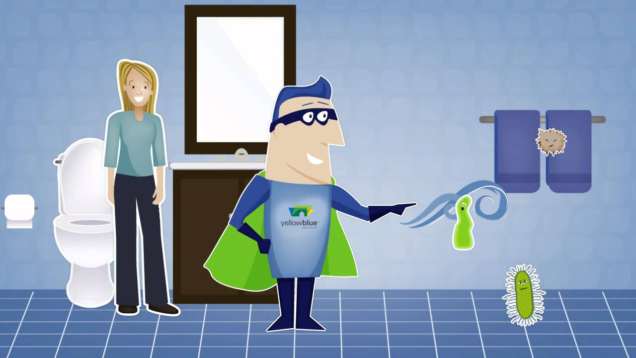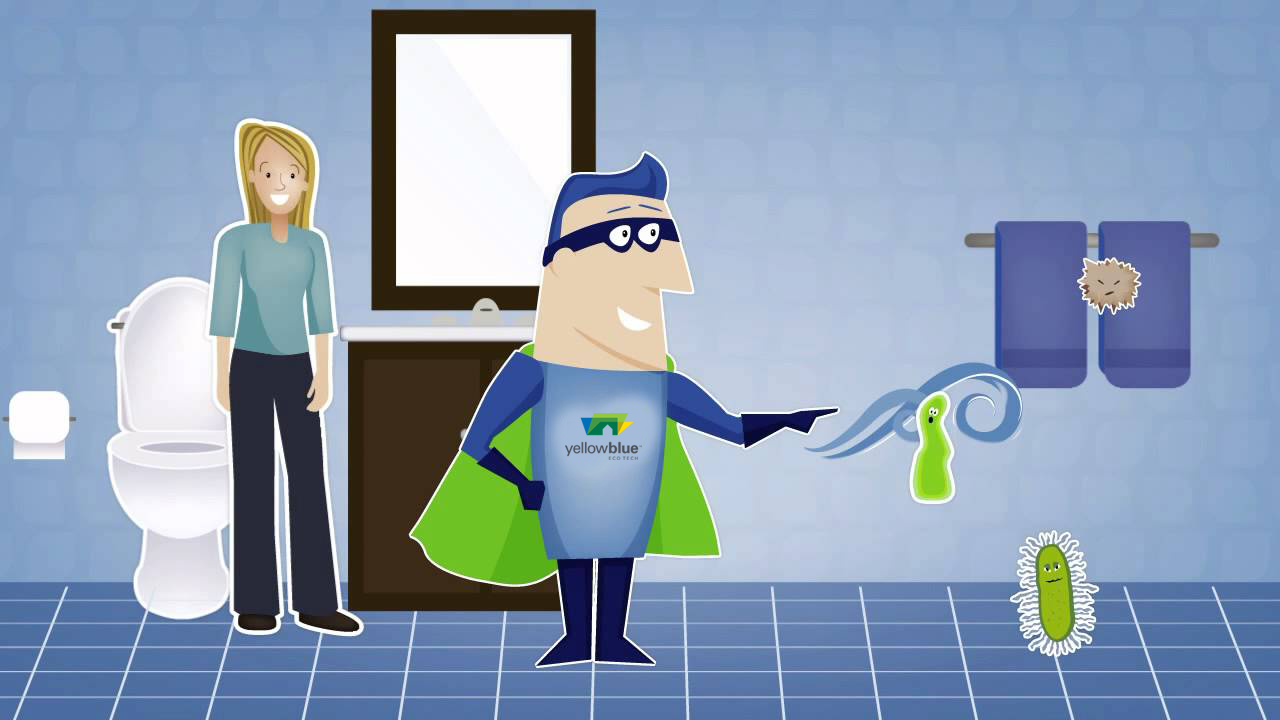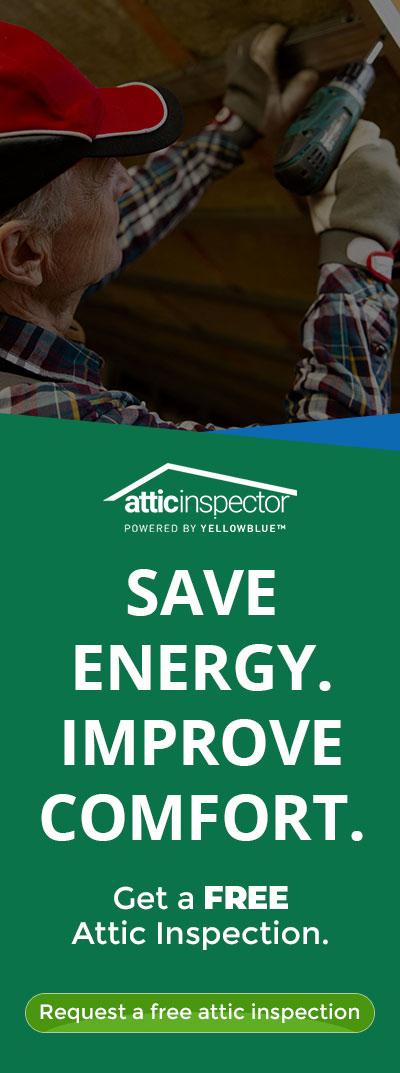A renowned New York chef. A theoretical physicist at Caltech. A trendy marketing professional in Los Angeles.
In terms of cleaning gurus, television sitcom greats like Friends’ Monica Geller, Big Bang Theory’s Sheldon Cooper and New Girl’s Schmidt bring to life a love for Lysol, passionate appreciation for spotless floors and relatively outlandish cleanliness standards overall.
In reality, most of us fall into a whole other category when it comes to house cleaning.
Whether you integrate a cleaning regime into you daily routine or you run around like a headless chicken with a duster in hand for the thirty minutes before company shows up, we all know that generally a clean home is a happier home.
What is the best way to clean your house?
There are any number of helpful guides out there that can add structure to regular house cleaning. From trending listicles and cutesy infographics on Pinterest to research-based suggestions by the American Cleaning Institute, there is a wealth of information out there on cleaning tips and tricks to help keep your home a cleaner and more comfortable place.
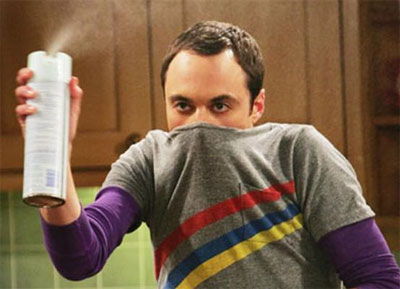 Regardless of your chosen or preferred method of attack, there is one highly underutilized tool in the house cleaning realm you need to know about. Aside from well-loved cleaning gurus like Monica, Sheldon and Schmidt, most people would agree the best way to clean your house is to have someone or something else do it for you.
Regardless of your chosen or preferred method of attack, there is one highly underutilized tool in the house cleaning realm you need to know about. Aside from well-loved cleaning gurus like Monica, Sheldon and Schmidt, most people would agree the best way to clean your house is to have someone or something else do it for you.
The United States Department of Labor reported in 2015 that more than 926,000 people work in the cleaning service industry nationwide so it is relatively easy to find a maid or cleaning service near you.
But thanks to an innovative new technology, there is a way to continuously clean the air and hard surfaces in your home without hiring a stranger to visit every so often.
With a probiotic air and surface purifier like RENUAIRE by Yellowblue, keeping your home clean really is that simple.
What are probiotics and how do they work?
Science proves not all bacteria is bad bacteria.
In an epic battle between good and evil, probiotics are the good guy. Most people are familiar with probiotics as the “good bacteria” produced naturally by your body to help keep your body balanced. The microorganisms are also found in food and supplements that may help with digestion and offer protection against potentially harmful bacteria in your system.
When added to the air through a probiotic air purifier, probiotics function in a similar fashion. Systems like RENUAIRE by Yellowblue help keep the air in your home clean by providing effective and long-lasting residual cleaning of inorganic matter in the air and on surfaces.
Probiotics are a natural cleaning product that function to purify the air and hard surfaces throughout your home. Like many natural household cleaning products, probiotics are a chemical-free and environmentally friendly choice.
The Benefits of Probiotic Cleaning
Among the ways probiotics tackle the bad bacteria is by consuming its source of sustenance. Probiotic cleaners work by starving bad bacteria, ultimately helping reduce dust mites and allergens inside the home.
When considering whether to try probiotic cleaning solutions, it’s important to remember probiotic household cleaners are natural, chemical-free and environmentally friendly. It is ecologically beneficial and safe for humans and a variety of household pets, including dogs, cats and birds.
In addition, the continuous process of probiotics getting released into the air cleans at a microscopic level, helping eliminate the bacteria that cause odors.
Probiotics get rid of the tough stuff and can help remove biofilm
Cleaning products are big business in America. Research shows the soap and cleaning compound manufacturing industry generated about $51.97 billion in 2011, a year when surface active agents made up about 23 percent of the market.
There are dozens of varieties of disinfectant cleaners on the market as a result, many promising to put antibacterial science to work.
The downside of antibacterial cleaners is right there in the name. Defined as “opposed to” or “against,” “anti” does as it says and kills all bacteria on the surfaces it comes into contact with.
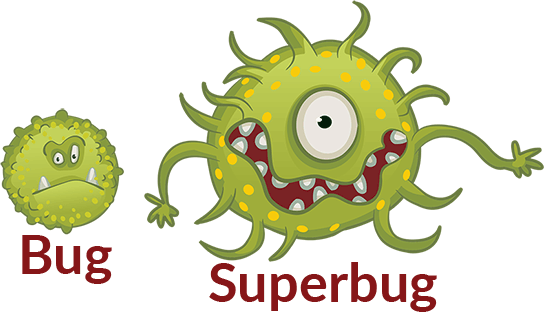
That is not necessarily a good thing for a two main reasons:
- Wiping a surface clean with disinfectants remove bacteria on the top surface layer only, leaving live, harmful bacteria within a layer of microorganisms that band together into something called biofilm. Body Ecology describes biofilm as a “slimy goo that ensures microbial survival,” in its article “Biofilm: How This Slimy coating is Causing Chronic Fatigue, Fibromyalgia, Irritable Bowel and More.” Biofilms are extremely resistant to disinfectants, which can result in rapid bacterial growth on treated surfaces.
- The repeated use of antibacterial cleaners can lead to the creation of drug-resistant organisms known as superbacteria or superbugs. Too much of a good thing, like the antibacterial element to household cleaners, isn’t necessarily what’s best in cleaning products. Antibacterial cleaning products produce a residue on surfaces that is capable of fostering resistant bacteria, or organisms that build a tolerance to the chemical compound meant to eliminate them. Instead, bacteria remain on the surface until it is broken down with either a rigorous cleaning or air and surface purification products.
The scientific breakdown of the potential ineffectiveness and harm that can result from using disinfectant and antibacterial cleaners has in recent years sparked consumer support for non-toxic cleaning solutions. In fact, a new ruling made by the FDA recently banned antibacterial ingredients from soap, proving an imminent push towards alternative solutions is underway..
Want more tips on ways to improve air quality in your home?
Contact us to locate an independent authorized Yellowblue dealer, and receive more information about our probiotics air and surface purifier.

